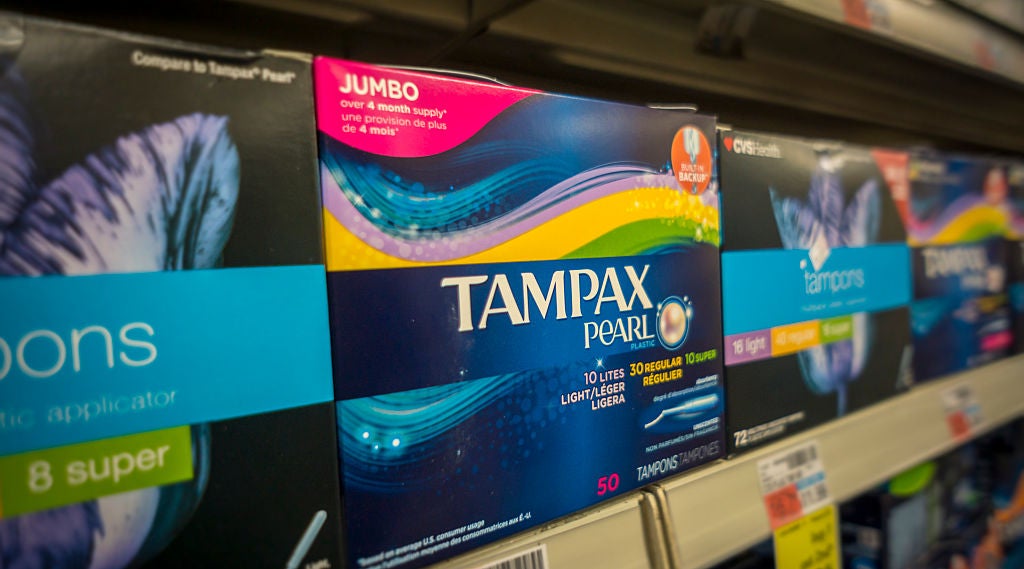
Having been recently informed of a recent Virginia Department of Corrections (DOC) visitation policy, I have ordered its immediate suspension until further review. (1/3)
— Secretary Terrance Cole (@VA_PSHS) September 25, 2018
Kinney had said that there were “many instances” where visitors have attempted to smuggle drugs inside a body cavity, including the vagina, according to the New York Times. The policy would have insisted that men and women not have anything hidden inside a body cavity…including their sanitary products. So those who happened to be using either of those products would either have to wear a pad brought from home (or one provided by the prison), and then take a body scan. If any “potential contraband” is spotted during the scan, the visitor would then have two choices: be subjected to a strip search, or leave without seeing the inmate.Though the policy has not taken effect and is scheduled for October 6, I feel it appropriate to immediately suspend the newly developed policy until a more thorough review of its implementation and potential consequences are considered. (3/3)
— Secretary Terrance Cole (@VA_PSHS) September 25, 2018
“Offenders in Virginia have died of drug overdoses while inside our prisons,” Kinney had insisted. “It’s our job to keep the offenders and staff as safe as we can.”
Nonetheless, the announcement triggered complaints of the policy being discriminatory and invasive, drawing criticism from activist groups and inmate advocates.BREAKING: Following our opposition and public outrage, @VADOC has suspended its new policy prohibiting visitors from wearing tampons and menstrual cups.
— ACLU of Virginia (@ACLUVA) September 25, 2018
Let's be clear: This policy is discriminatory, invasive, and should have no place in our prisons and jails. pic.twitter.com/EkcR2Ylot6
“Our hopes are that more steps and policies that preserve and restore the dignity of persons incarcerated and their families will continue to be taken into consideration,” she said.
And, as American Civil Liberties Union of Virginia spokesperson Bill Farrar put it, having contact with friends and family “is critically important to people being rehabilitated and having a successful re-entry to society and not repeating criminal behavior.” The policy, Farrar told the times in a interview earlier Tuesday, could have “a very negative effect and discourage people from visiting those who are incarcerated.”